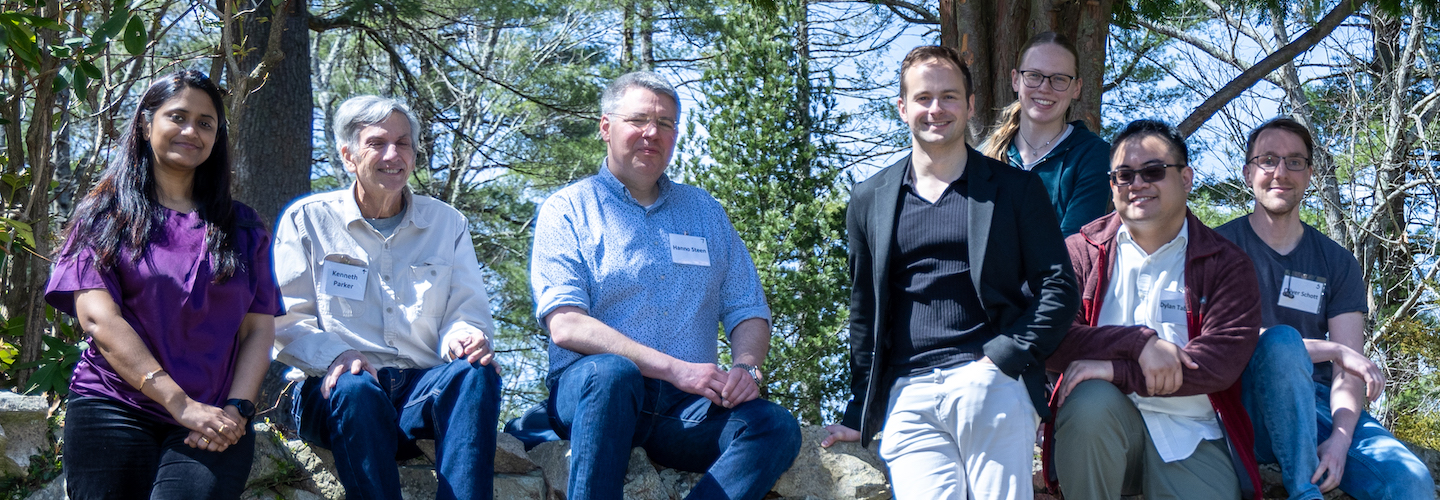Dr. Steen is the principal investigator of a state-of-the-art mass spectrometry-based proteomics laboratory. His group develops and applies quantitative proteomics methods to analyze a wide range of body fluids to map the molecular basis of the pathophysiological processes of a disease and/or to identify disease-relevant biomarkers in primary human specimens. The Steen group is particularly interested in establishing high-throughput proteomics pipelines to analyze hundreds or even thousands of samples in the context of various inflammatory, infectious, and neurodegenerative diseases.
As a member of the NIAID-funded Human Immunology Project Consortium (HIPC), Immune Development in Early Life (IDEaL) and Immunophenotyping Assessment in a Covid-19 Cohort (IMPACC) programs, and the NCI/NIDDK-funded Chronic Pancreatitis, Diabetes, and Pancreatic Cancer (CPDPC) consortium, his pipeline has been widely used on large cohorts with thousands of samples. A key methodology published in 2023 in Science Advances allows for extremely robust deep plasma proteomics at an unprecedented throughput of 60 to 100 samples per day. This key methodology was validated on more than 3,200 samples from the IMPACC cohort.
Other research efforts from the Steen group are dedicated to developing sample-sparing proteomics platforms to enable the analysis of body fluid samples from the smallest, frailest patient population: extremely low gestational age preemies. These efforts are geared toward better understanding the molecular determinants of health and disease/complications in neonatal intensive care units. Finally, the Steen group also works on maximizing the information content that can be extracted from LC/MS-based discovery proteomics. While most proteomics studies take a more protein-centric approach, the Steen group focuses on the qualitative and quantitative information associated with the individual peptides providing insights into protein modifications and splice events.
